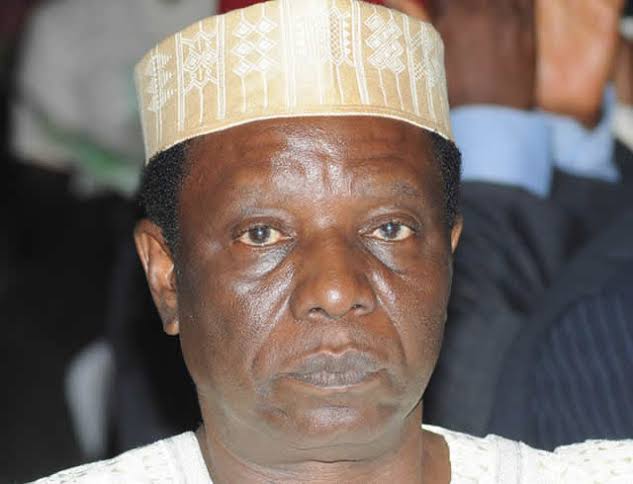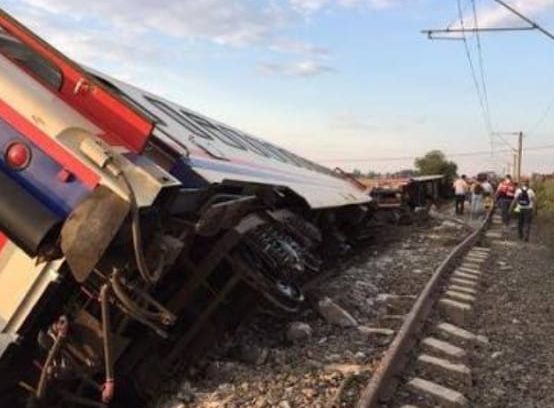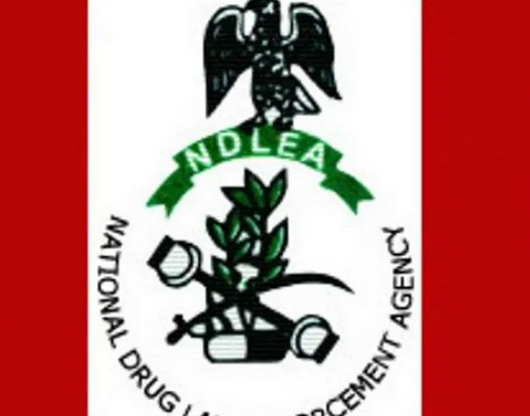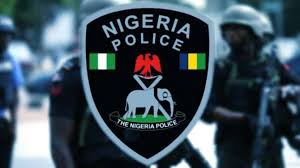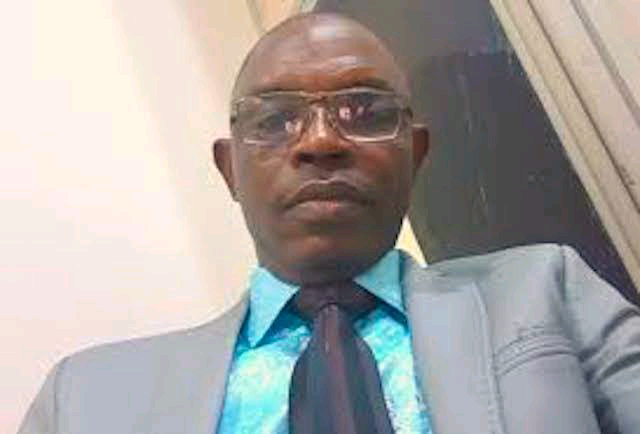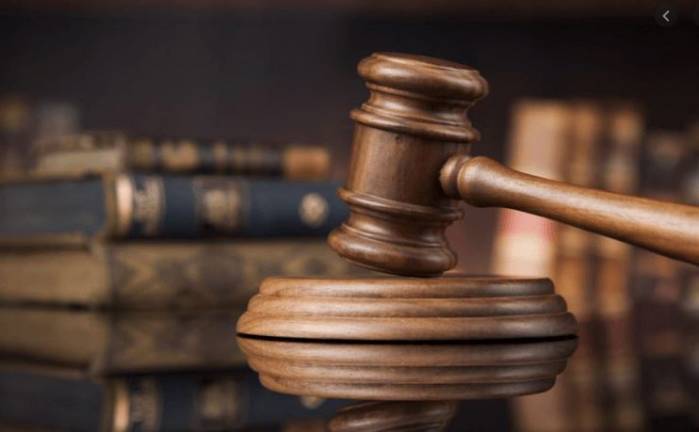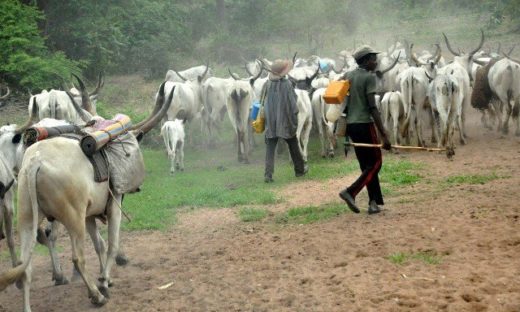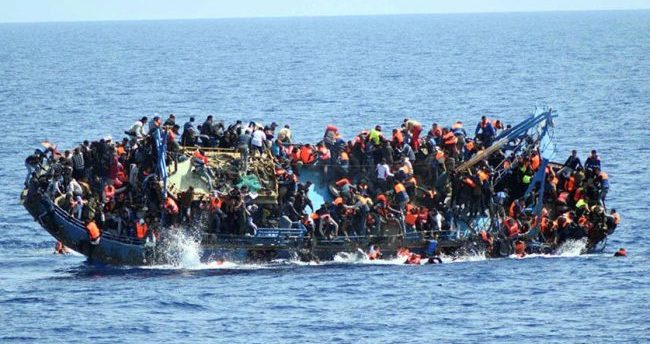At the end of an international seminar on African heroes held in Lagos,9 months ago, the consensus was that only two leaders, Kwame Nkrumah of Ghana (1909-1972) and Nelson Mandela (1918-2013) could be described as heroes of their respective countries with minimum dissent.
Indeed, attempts by some discussants to add Robert Mugabe of Zimbabwe to the list was shut down. No mention was made of any Nigerian, yet the country paraded strident agitators for independence as well as some reformist leaders who contributed immensely to its growth and development.
The numerous innovations introduced by Ibrahim Babangida between 1985 and 1993 and the restoration of Nigeria to a viable status during the Olusegun Obasanjo administration from1999 to 2007 were noted but the panellists felt such efforts could not be equated to those of heroes.
As one erudite speaker contended, heroism entails acts of bravery that put others first, even at the personal peril of the actor and not just being a great administrator in the office. What Nigeria appears to have in abundance is leaders who are greatly respected and praised only in death. Sir Abubakar Tafawa Balewa, the first and only Prime Minister of Nigeria was assassinated by coup plotters in 1966.
It was only after his death that the narrative of a simple and honest leader, who never had a mansion of his own surfaced. The same is recorded for Alhaji Shehu Shagari, first Executive President of Nigeria from 1979 to 1983. As for the military, Murtala Mohammed was celebrated only because the coup in which he died didn’t succeed. In fact, General Yakubu Gowon is alive today because he was out of reach when persons presumed loyal to him organized a coup. It was only such loyalists that were hurriedly executed.
Against this backdrop, the search for the Nigeria hero might be a fruitless exercise especially with the posture of the current ruling class. How do we build a consensus around any heroin Nigeria and by which method would such a personality be selected – Option A4, open ballot, direct or indirect primaries? To start with, which societal institution would be given the mandate to handle the assignment and would such a body have a free hand to perform? If controversies arise over the subject, how do we resolve such preliminary challenges? Of course, to ensure that the subject gains legitimacy, there would be a need to make a law to govern the exercise.
Considering that lawmaking can be contentious, won’t our legislators proceed on their ‘compulsory’ constituency holidays in the middle of the arrangement?
If we attempt to pick an outstanding legislator as the hero, does the cap fit anyone right now? To the executive branch of government, the 8th National Assembly (NASS) has too many intransigent lawmakers to qualify for consideration; to some Nigerians, rubber-stamp legislators are worse. There are numerous reasons for not believing in the current NASS whose only achievement appears to be the sustenance of the January to December financial year. Like their predecessors, they have been involved in irrational alterations to the budget.
Only 3 days ago, President Buhari slammed them over what he described as “worrisome changes” to the budget capable of disrupting the implementation of critical national projects. In truth, no hero can emerge from a legislature which the office of Auditor-General of the Federation, recently discovered to be making huge illegal payments from a salary account, without payment vouchers, as required by extant regulations.
In the case of the executive branch of government, we need to wait till the end of the tenure when performances can be appropriately evaluated. One reason for this is the transparent ambivalence of our current political office holders who have only just realized that the things they promised to resolve if voted into power are far worse than they imagined. Now, security is everybody’s business notwithstanding that the constitution assigned the task to the government.
As for public agencies, the critical one that can easily raise a hero is the military –a rather impracticable task for now till the end of the insurgency. The Police is obviously a no-go-area. First, its initial huge mandate which made it a critical agency has considerably contracted while what remains is marred by public complaints of extortion. It’s Motor Division has gone to the Road Safety Commission while economic crimes have been ceded to the Anti-corruption bodies. Its basic internal law enforcement is now shared with the Military. With their recent arrest of one politician in a church, the search for heroes in the Policies is mere fantasy.
As for the judiciary, it might also be difficult to elevate someone there to the status of a national hero. Take the situation in one State – Imo – as a test case. Many Nigerians were not happy with how the candidate declared by the Supreme Court as the winner of the last governorship elections in the state scored more votes than the number of voters at the election.
Another puzzle is that whereas the Supreme Court reportedly found, accepted and held that Emeka Nwosu was the valid winner of the governorship primaries of the ruling All Progressive Congress APC, it still declared another candidate from the same APC as governor of the same state. The judiciary may never explain this satisfactorily just as her image which has been greatly tarnished by a few exparte judges will ooze for long. She needs to sustain its commendable decision to punish some affected judges.
READ ALSO: Businessman Threatens N50b Lawsuit Against Toke Makinwa Over False Allegation
Our search for the Nigerian hero may therefore be forced to look beyond holders of public offices not because there are no good works in the public sector, but because the basis of such works is questionable as they are either done using public resources or done in anticipation of votes from beneficiaries.
So, while roving around in search of genuine humanitarian works by individuals and groups in society, we found the salutary work of Zannah Mustapha, a 54-year-old Nigerian lawyer. In the last decade, Zannah has worked assiduously to save the future of the needy, especially internally displaced children in Borno State, the nation’s epic centre of the insurgency.
What he did was to establish in 2007, the Future Prowess Islamic Foundation School, for ages 3 – 8 beginning with 36 children and one teacher in his personal home. Today, the School has great products that learnt conflict resolution as part of a unique curriculum.
The goal was to get kids from different backgrounds to learn about accommodating one another – a mandate which the National Youth Service Corps NYSC has since replaced with military parades and work experience in different organizations
Zannah also realized the need to assist women who lost their husbands to the insurgency by integrating them into a cooperative with free psychotherapy and training programmes to help them get back on their feet. They also learn how to make products such as soaps, shoes, jewellery, clothes and food to generate some revenue for livelihood.
For his humanitarian prowess, the United Nations in 2017, honoured Zannah with the Agency’s Nansen Refugee Award valued at $150,000 which he reinvested in the care of the students numbering 540 at the time. In 2019, Zannah was one of the three extraordinary humanitarians across the globe who won the US $1,000,000 Aurora Award for “Awakening Humanity” through their noble commitment to liberate women from ISIS captivity. Less than 2weeks ago, President Muhammadu Buhari joined all persons of goodwill in celebrating Zannah Mustapha, for his recognition as one of the top 10 CNN Heroes of 2021.
It will be recalled that between 2016 and 2017, Barrister Mustapha mediated between Boko Haram and the Nigerian government (aided by the Swiss Red Cross), which resulted in the release of 103 kidnapped Chibok girls. Unlike others who cherish serving only as links with insurgents, Zannah has continued to live the life of a “man for the needy, believing in all that he does.” He can win the Nobel Peace Prize if properly promoted by Nigeria.
*Prof. Iredia was Director-General Nigerian Television Authority (NTA).
